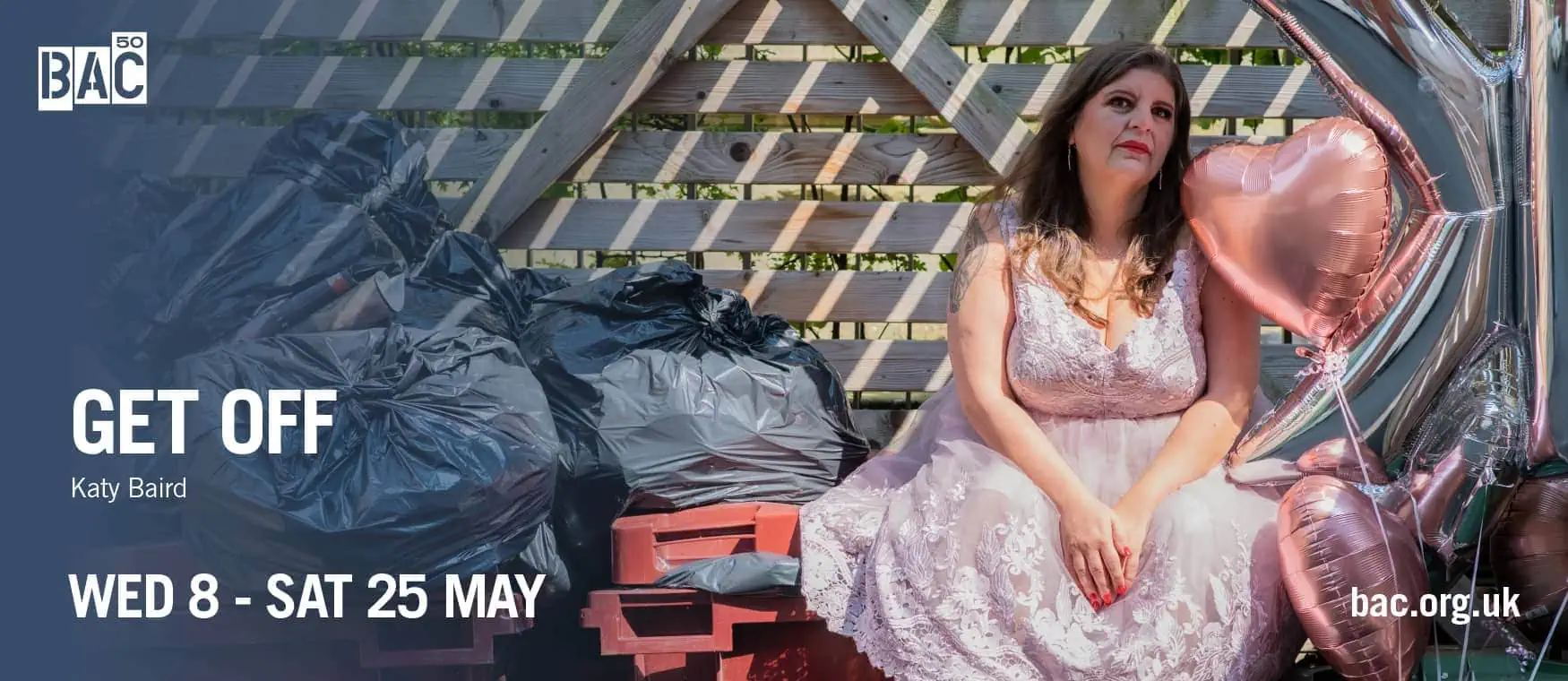This isn’t a gay film, at least in the traditional sense. There’s a queer subplot that’s pretty crucial to proceedings, but it looms under the surface like a circling shark and it never really rears its head fully above water.
Instead, Moonlight is an uncompromising exploration of black masculinity. Based on Tarell Alvin McCraney’s play ‘In Moonlight Black Boys Look Blue’, it follows Chiron (derogatorily known as Little, affectionately known as Black) over three formative chapters of his life and his struggle to find an identity.
The first act opens with Chiron as a child being chased by bullies and pelted with rocks as he takes refuge in an abandoned crack den. He’s discovered by Juan, a kind drug dealer played by Mahershala Ali (recognisable as Remi Danton from House of Cards), and taken back to his home to be looked after by his girlfriend Teresa (stoically played by Janelle Monáe; a world away from her ostentatious showmanship seen on stage). Chiron is reluctant to speak at first, but is grateful for the attention, as it’s revealed his mother is nursing a crack addiction and tends to neglect him. Juan becomes something close to a father figure, teaching him how to swim in the Florida ocean, and Chiron begins to open up, eventually asking him to explain what a faggot is. Juan gives him a valuable lesson in embracing his blackness and telling him to be who he really is.
However, the second chapter shows how difficult it is for Chiron to truly take on this advice. It again opens with the threat of violence and it never truly dissipates over the ensuing scenes. Awkwardly lanky and severely lacking in any confidence, the adolescent Chiron attracts the wrath of his brutal classmates for not abiding by the pre-conceived bolshy standards of black masculinity. At times, it’s painful to witness, but there is fitful solace to be found in the blossoming relationship with fellow classmate Kevin; the only peer who pays any attention to Chiron. It flirts with being more than a friendship, but never truly advances as you wish.
The third and final part really knocks you off balance. With my white, privileged background, I was naively expecting Chiron to take on Juan’s earlier guidance to escape the bullies and go onto lead a vibrant and loving queer life. However, I don’t think I’m giving too much away when I say that this never culminates. The film slides off into a depressing conclusion, though there is a small flicker of hope in the end. There’s a tragic inevitability in Chiron’s maladjusted adulthood, especially with every parental figure and friend letting him down to some degree. However, despite its dismal inescapability, it is no less harrowing to watch.
Unflinching and moving in equal measures, Moonlight is a hugely significant piece of film-making, and a timely one at that, especially with the growth of movements such as Black Lives Matter. Being set in an unforgiving Miami Project, it never glorifies or, for that matter, fetishises the poor black community it focuses on, but isn’t afraid to tackle the issues which are prevalent, especially surrounding the lack of role models. There’s a slight continuity problem in that there is no effort made to shoot the acts in the time period they were set in, but it is otherwise shot in a subdued and non-exploitative fashion. With last year’s #oscarssowhite uproar, and #gaymediasowhite as well, don’t be surprised to see an increasing amount of praise heaped on this vital piece of cinema in the upcoming months. And deservedly so.
• Moonlight plays at London Film Festival 6th-8th October and will be released on October 21st 2016













